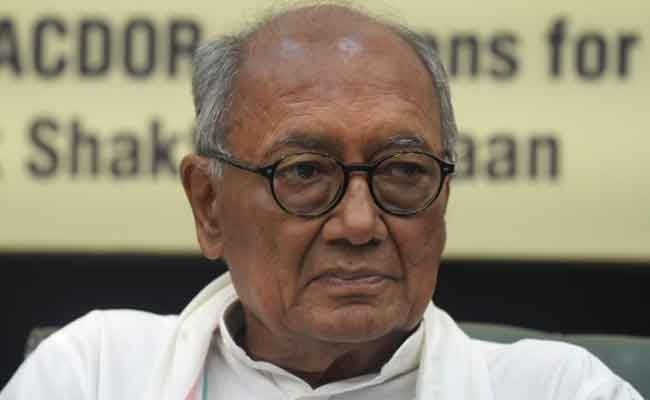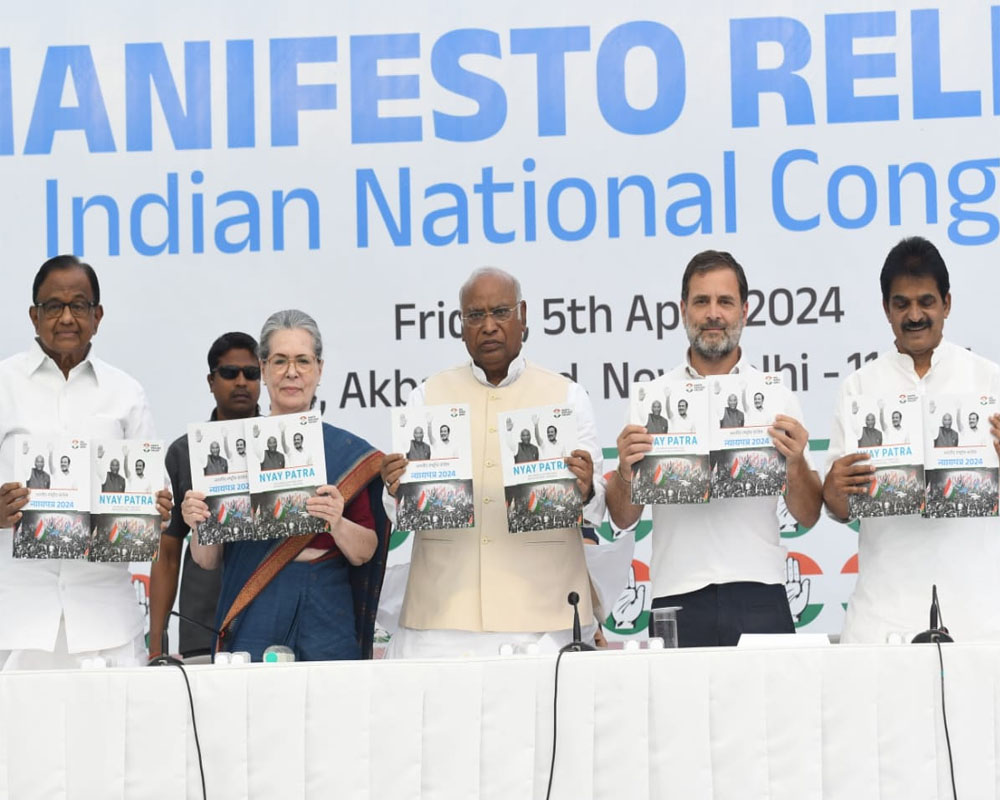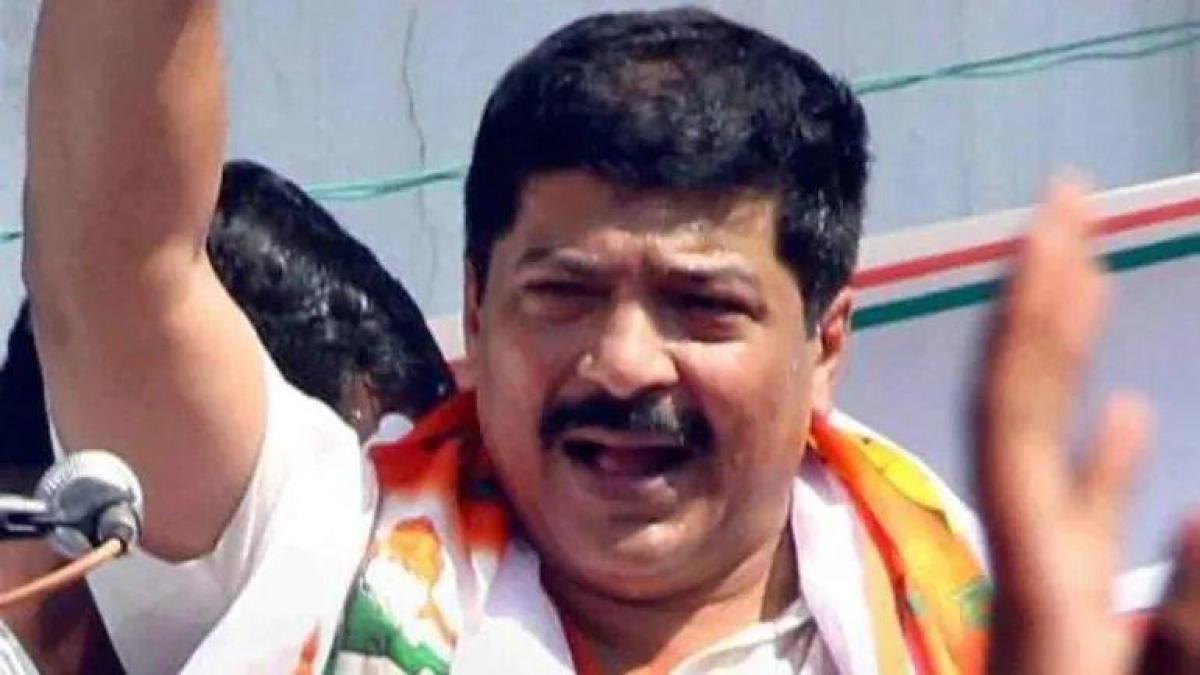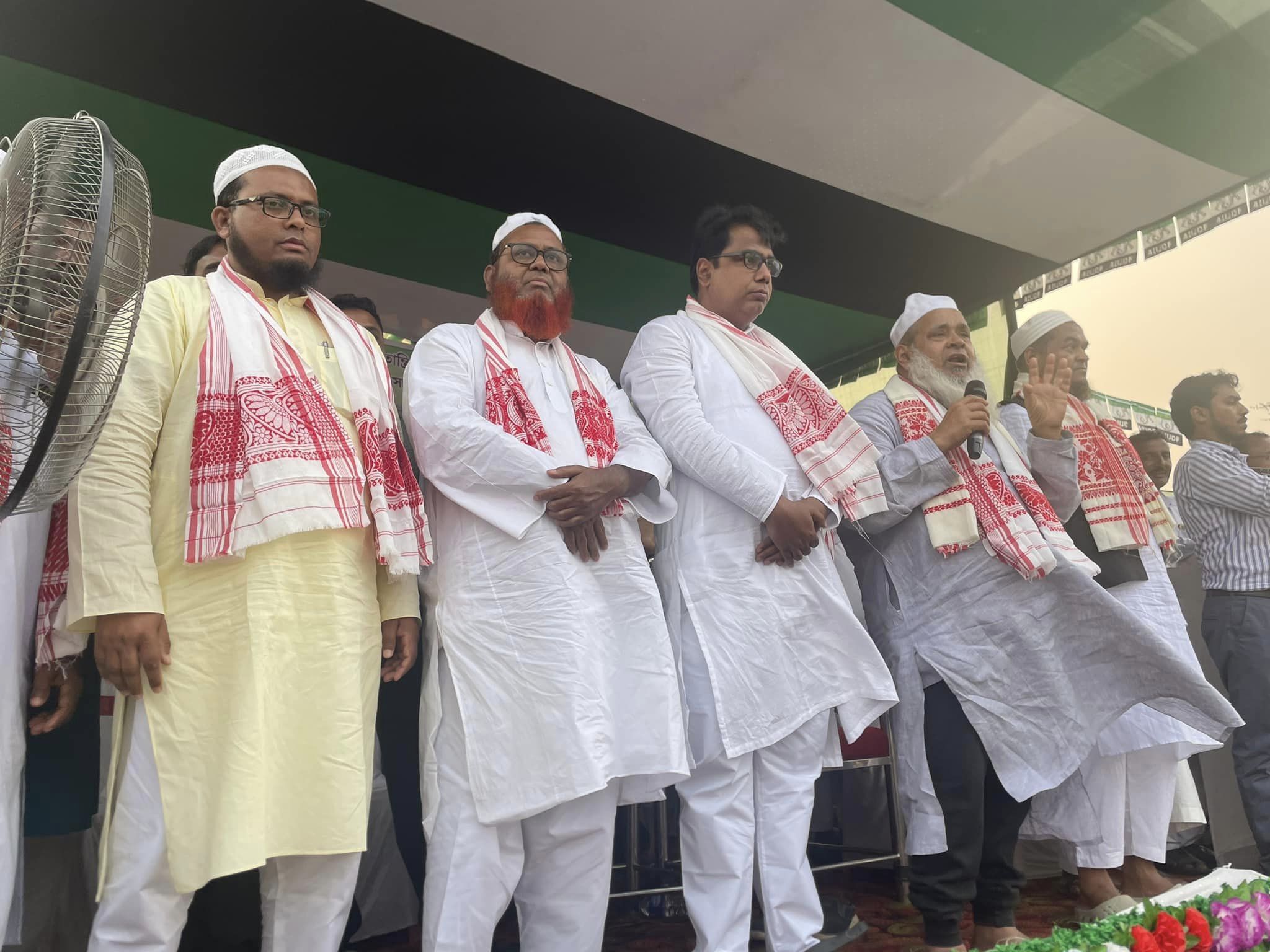Prime Minister Narendra Modi’s political history is based on the “Hindu-Muslim dispute” and he should do some soul-searching as to who is benefiting from it, senior Congress leader Digvijaya Singh has claimed
 KRC TIMES National Bureau
KRC TIMES National Bureau

Prime Minister Narendra Modi’s political history is based on the “Hindu-Muslim dispute” and he should do some soul-searching as to who is benefiting from it, senior Congress leader Digvijaya Singh has claimed.
Singh, who has been fielded by the Congress from Rajgarh Lok Sabha seat in Madhya Pradesh, also said that he was not satisfied with the recent Supreme Court ruling on Electronic Voting Machines (EVMs).
The former Madhya Pradesh chief minister spoke to while campaigning in the rural areas of Raghogarh assembly segment that falls under Rajgarh parliamentary constituency.
“If you look at the political history of Modi ji, it is based on the Hindu-Muslim dispute. It would be better if Narendra Modi does some soul-searching as to who is benefiting from it and who all are suffering due to it,” Singh said.
Polling will be held in Rajgarh in the third phase of the Lok Sabha polls on May 7.
Singh targeted the BJP for seeking votes on lines of caste and religion instead of real issues.
He asked, “Where are polls being fought on the basis of real issues?” The BJP has attacked the Congress over issues like inheritance tax. It has accused the Congress of planning to snatch the OBC quota to give it to Muslims as well as to “redistribute wealth to infiltrators”.

Senior Congress leader Digvijaya Singh Should we fear inheritance tax? Hard truths and the Chidambaram-Jaitley dalliance with it
Singh also hit out at the “Gujarat model of development”, saying, “If you look at the Human Development Index (HDI) of Gujarat, then you will find that it doesn’t even figure among the top 10 (states) in the country.”
On the BJP’s slogan ‘Ab ki baar, 400 paar’, Singh said the BJP managed to predict the number of seats it would win in the 2014 and 2019 Lok Sabha polls with “total precision”.
“If you look at 2014 and 2019, whatever figure they gave, they crossed it. In 2014, they gave the slogan of ‘272 paar’ and won 284 seats. Similarly, in 2019, they gave the slogan ‘300 paar’ and won 303 seats.”
Asked if he believes that EVMs had a role in the BJP’s electoral success, Singh said, “At least I believe in this.”
He also said he was not satisfied with the Supreme Court’s recent ruling on EVMs but would talk about it after the polls.
Terming the suspicion of manipulation of the EVMs “unfounded”, the Supreme Court had on April 26 rejected the demand for reverting to the old paper ballot system, saying the polling devices were “secure” and eliminate booth capturing and bogus voting.
A bench of Justices Sanjiv Khanna and Dipankar Datta, which dismissed the PILs seeking a return to the ballot paper system, said repeated and persistent doubts and despair, even without supporting evidence, can have the “contrarian impact of creating distrust”.
On the reduced voter turnout in the first two phases of the Lok Sabha polls compared to the 2019 elections, the Congress leader said, “Firstly, the people have doubts about whether their vote is getting registered at the right place in the EVM.
Secondly, there is a lot of pressure on the people to vote and that’s why they have no interest in voting.”
The third factor could be the prevailing heatwave, he said.
“There is also a general lack of enthusiasm among voters about elections this time,” claimed Singh, who had lost to the BJP’s Pragya Singh Thakur from Bhopal Lok Sabha seat last time.
This time, Singh is pitted against sitting BJP MP Rodmal Nagar. Nagar has held Rajgarh seat since 2014. Singh had won the seat in 1984 and 1991.
His younger brother Lakshman Singh represented the constituency for five terms as a BJP candidate.
In 2009, Singh’s protege Narayan Singh Amlabe was elected from Rajgarh.
Rajgarh constituency has 18,69,937 eligible voters, including 9,60,505 men, 9,09,409 women and 23 third gender persons.
Advertisement | 5E for Success






